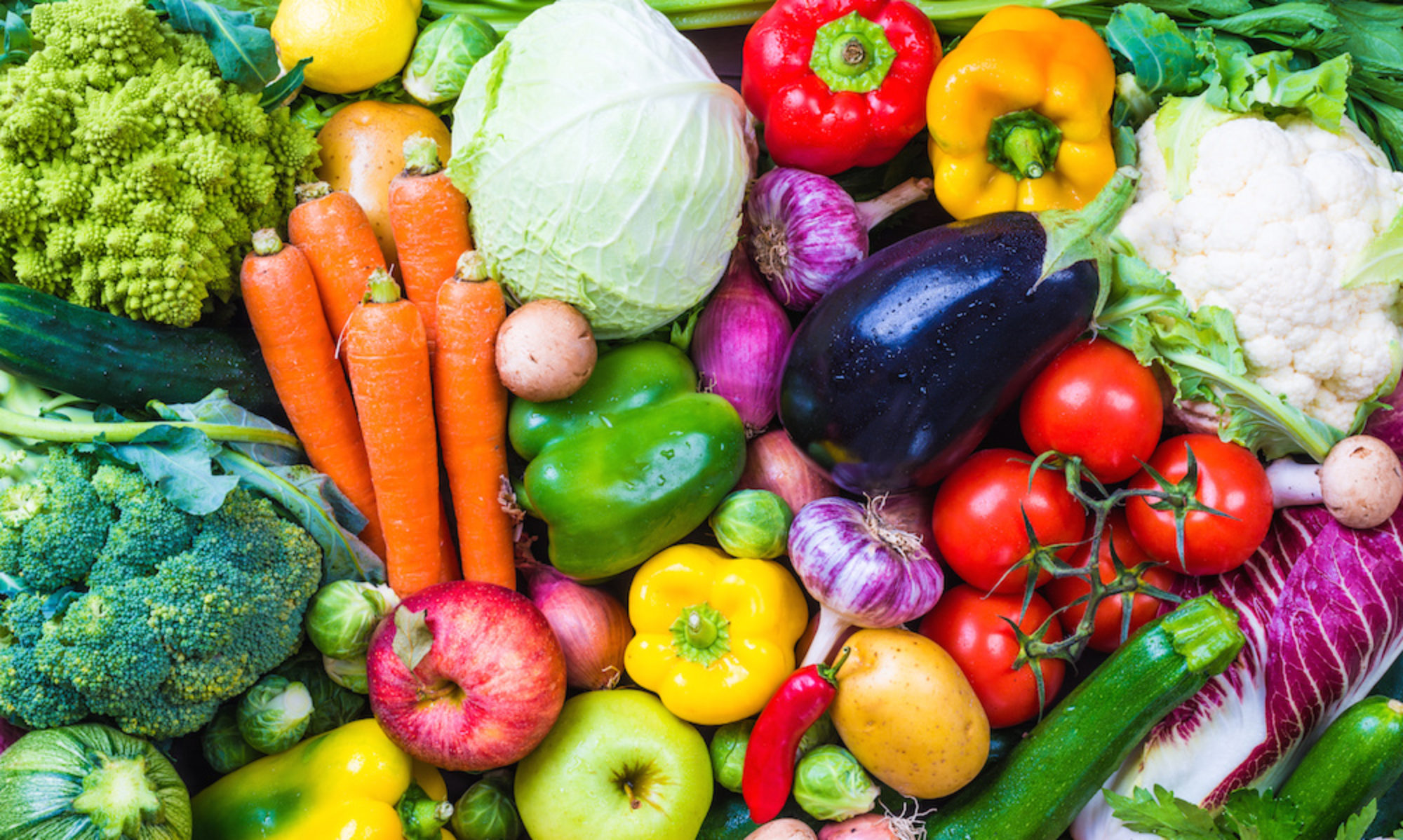Everyone is different, and different diets work for different people. However, there are numerous health benefits associated with maintaining vegetarian and vegan diets worth considering. Ultimately, the choice is up to you whether you feel vegetarianism is right for you.
 There are more than 20,000 different drugs, including steroids, antibiotics, growth hormones and other veterinary drugs, administered to livestock. These drugs are consumed by people when we consume animal-based foods such as meat – and the health concerns for consuming these second-hand drugs and antibiotics are well-documented.
There are more than 20,000 different drugs, including steroids, antibiotics, growth hormones and other veterinary drugs, administered to livestock. These drugs are consumed by people when we consume animal-based foods such as meat – and the health concerns for consuming these second-hand drugs and antibiotics are well-documented.- There are a host of worms, bacterias and viruses, some of which are quite dangerous, that are common to animals. When meat is eaten, the organisms in the meat are eaten as well. Microorganisms are present in plant foods too, but their number and danger to human health is by no means comparable to that of those in meat.
- Meat eating increases the risk of heart disease, this country’s number one killer of both men and women1. Other studies show that lifelong vegetarians have a 24 percent lower incidence, and lifelong vegans have a 57 percent lower incidence of coronary heart disease compared to meat eaters.
- Primarily plant-based diets that are high in fruit and vegetable consumption can also help protect against diabetes and stroke. Non-vegetarians are at a 20 to 30 percent higher risk of stroke than vegetarians.
- Most cooked meats produce benzenes and other carcinogenic compounds. And of all the natural cancer prevention substances found: vitamin C, B-17, hydroquionenes, beta carotene, protease inhibitor and NDGA – none has been found to be animal derived. Studies have shown that a primarily plant-based diet and diets high in fruit and vegetable consumption can greatly reduce your risk of cancer.2
- A correlation has been found between meat consumption and degenerative diseases such as osteoporosis, kidney stones, gall stones, diabetes, multiple sclerosis, arthritis, gingivitis and more.
- Acne is suspected to be aggravated by excessive meat consumption.
- Vegetarians tend to be thinner than meat eaters, according to studies, so the vegetarian and vegan lifestyle contribute significantly less to the American obesity problem. A shocking 33.8% of Americans are obese.1
- Balance within the intestinal flora is critical to overall health, and animal and meat products putrefy the colon.
- Wholesome plant-based food travels more quickly through the gastrointestinal tract than animal-based food and meat, leaving little time to spoil and cause disease within the body.
- Fiber absorbs excess fats, cleans the intestines and helps with peristalsis (the ability to push food through the digestive tract). Plant-based foods are higher in fiber content whereas meat, poultry and dairy products have none.
- Meat contains animal waste such as adrenaline, uric and lactic acid. The biggest contributors to the “flavor” of a hamburger besides condiments are the leftover blood and urine of the animal.
- The average American eats four times more than the recommended daily amount of protein, which causes excess nitrogen in the blood, which causes numerous long-term health problems.
1 Center for Disease Control & Prevention
2 World Cancer Research Fund
